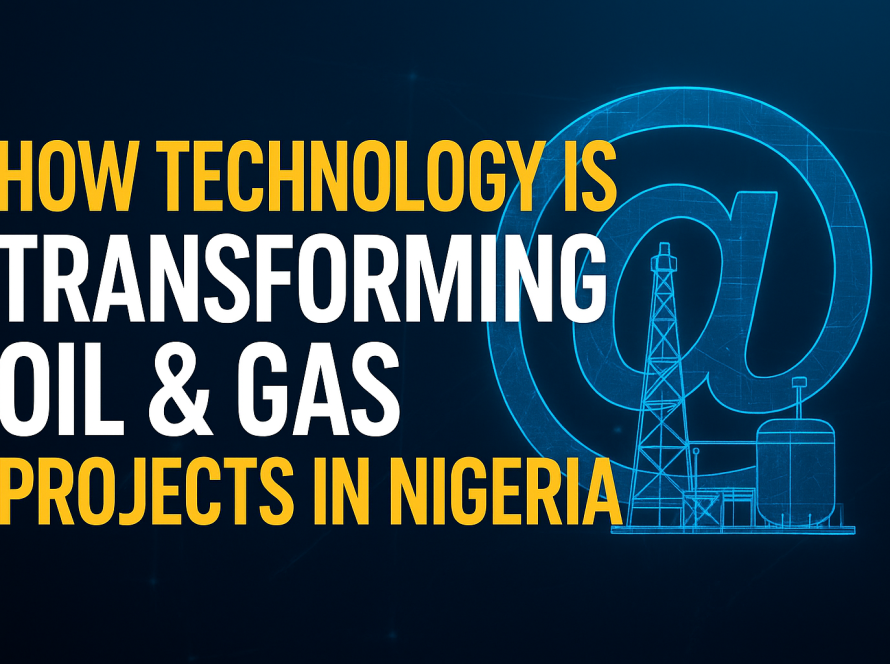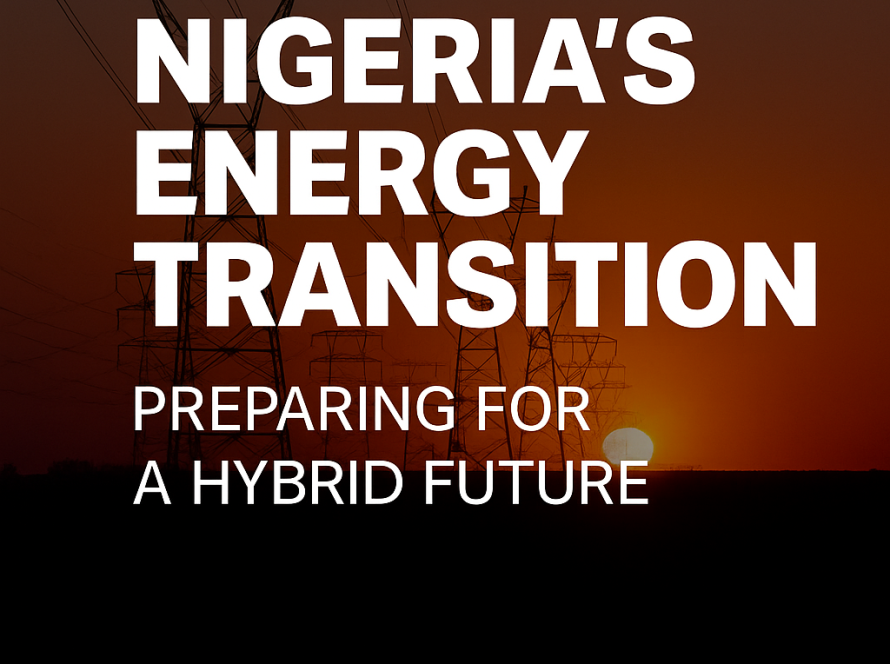Nigeria’s Transition at a Defining Moment
Nigeria’s Energy Transition Plan (2022) is one of the most ambitious in Africa. It sets a pathway to net-zero emissions by 2060 while expanding access to power for a population projected to exceed 250 million by 2030. Targets include:
- 42 GW of grid capacity by 2030
- 6.3 GW of decentralized renewables (mostly solar)
- 30% of households using clean cooking fuels by 2030
Today, however, the reality looks different. Over 80 million Nigerians lack reliable electricity access, natural gas supplies over 70% of power generation, and renewables account for less than 2% of grid electricity (IEA).
Bridging this gap will require more than ambition—it will require $10–15 billion in annual investment sustained over the next two decades.
Breaking Down the $10B Investment Gap
Where does the money need to go? Analysis from Nigeria’s Energy Transition Office and international agencies highlights three critical areas:
- Generation: Scaling solar farms, hybrid mini-grids, and gas-to-power plants.
- Transmission & Distribution: Strengthening a grid that currently loses ~15% of power to inefficiencies (MDPI).
- Human Capital: Training engineers, welders, and technicians to install and maintain hybrid systems.
- Local Manufacturing & Fabrication: Reducing dependency on imported solar panels, batteries, and turbines, which adds cost and delays.
Without domestic execution capacity, even well-funded projects will stall.
Lessons from Africa: Why Local Capacity Wins
Nigeria is not alone in this challenge.
- Kenya has successfully deployed more than 700 mini-grids through a mix of public and private funding, creating local technician jobs.
- South Africa’s REIPPPP program showed how clear policy frameworks and local content requirements attracted billions in renewable investment.
Nigeria’s difference? Its scale is larger, but so are its execution risks. Unless local supply chains, fabrication, and workforce development are strengthened, investors will remain hesitant.
Hybrid Systems: The Realistic Path Forward
The short-term answer is not a full pivot away from hydrocarbons—it is a hybrid model where natural gas secures baseload power while renewables gradually scale. Examples include:
- Gas + solar mini-grids in rural Nigeria, already piloted by the Rural Electrification Agency.
- Industrial hybrid systems, where factories blend gas turbines with rooftop solar to cut diesel costs.
- Hybrid fabrication projects, where modular skids support both oil & gas and solar-powered installations.
These models reduce emissions without compromising reliability—a pragmatic path for the Nigeria Energy Transition.
Blackstone’s Role in Closing the Gap
At Blackstone Integrated Oil & Gas Services, we focus on the execution side of transition. Our services directly address the bottlenecks that derail projects:
- Procurement & Supply: Leveraging global partnerships and local logistics to reduce forex risk and ensure timely delivery.
- Construction & Fabrication: Building modular units, pipelines, and hybrid plant structures locally, lowering costs and boosting NCDMB compliance.
- Manpower Solutions: Training Nigerian engineers and technicians for hybrid energy projects—ensuring knowledge transfer and sustainability.
- HSE Support: Embedding international standards into both oil & gas and renewable operations for safe, compliant growth.
By strengthening local content and technical execution, Blackstone bridges the gap between investment capital and delivered results.
Conclusion: Transition Requires More Than Money
The Nigeria Energy Transition is ambitious, but ambition alone won’t keep the lights on. The real difference will be made by local execution capacity—companies and people able to deliver projects safely, on time, and to standard.
Finance may be global, but execution is always local. At Blackstone, we are committed to building the workforce, supply chains, and fabrication systems that will turn Nigeria’s $10B-a-year ambition into a sustainable reality.
👉 Learn more about our technology solutions:
https://blackstoneoilandgas.com/services/technology-solutions/



